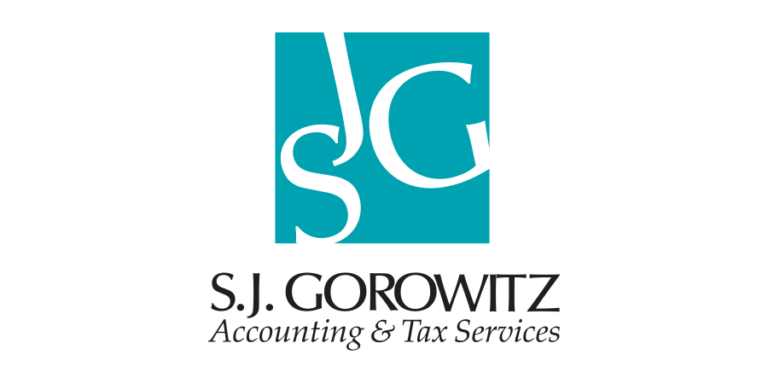By Candace Spencer, CPA & Certified QuickBooks ProAdvisor
 Many times we hear business owners say that they have an internal bookkeeper who maintains their financial records, and therefore, they only check in with their CPA office at tax time. It’s also possible that your CPA office doesn’t check in with you throughout the year. But is an annual checkup the best way to utilize your CPA’s skills.
Many times we hear business owners say that they have an internal bookkeeper who maintains their financial records, and therefore, they only check in with their CPA office at tax time. It’s also possible that your CPA office doesn’t check in with you throughout the year. But is an annual checkup the best way to utilize your CPA’s skills.
Many business owners are missing opportunities simply through a lack of understanding of the different but important roles of an internal bookkeeper and a CPA firm play. If you are among them, trust me – you are not alone. We see a great number of people who are very confused as to what each of these professionals brings to the business industry and how each one helps in the success of any business.
A very simple definition of a bookkeeper describes him or her as someone who records financial transactions. This includes banking, sales and purchasing transactions. The purpose of this record-keeping is to capture all the financial activity within the business cycle. Some companies hire a bookkeeper as an employee, while others might go through a service or even hire an independent bookkeeper. The job can also be performed by the business owner or an administrative person in the organization, although we always try to encourage business owners to focus on what they do best and leave the finances to the professionals!
After the bookkeeper records the activity for the period, the CPA firm then takes the data provided by the bookkeeper and reviews the information, making appropriate adjustments based upon several factors including industry norms, accounting and income tax standards and compliance requirements. This data is then used to form a decision-making document known as a financial statement. The process can be completed on a monthly or quarterly basis, depending on the nature of the business and the needs of the owner. Quite often, business owners will keep this information to give it to the CPA at the end of the year, waiting for the annual meeting as tax time approaches.
When is a Monthly or Quarterly Review of your Financial Records Necessary and Beneficial?
If you have little activity with no real complexities or the month-to-month activity is consistent, a quarterly review of your business finances is probably sufficient. For example, if each month you pay the rent, utilities, salaries and buy a few office supplies but have no real asset purchases, quarterly may be more your speed. However, if your business operations are constantly changing and you have more complexities; monthly financials may be more of a benefit to you. The frequency of financial statements may also depend on your business’ specific requirements regarding reporting to the board of directors or shareholders.
What are the benefits of receiving monthly or quarterly financials?
- Knowledge is power. First and foremost, the CPA firm can review the information and make suggestions and recommendations throughout the year to help accomplish goals and minimize tax liability. Many times we can see emerging business trends that need to be addressed immediately to have the greatest effect. At the end of the year, not much can be done in this regard.
- Improved planning. The business owner now also has timely information to make future business decisions. The more you know about your business and its financial patterns, the better you will be able to anticipate future needs and select the best options to meet them.
- Ready for action. If the company at some point needs financing, the owner now has up-to-date financial information at the tip of his/her finger tips that are in accordance with accounting standards. Many financial institutions require financials be reviewed or compiled by a CPA firm.
- Accurate analysis. Regular financial statements allow for comparison from year to year to see how the company is performing, and if it is meeting its goals over the long term.
To help you determine if it’s time for a financial health checkup for your business, ask yourself these questions:
- When is the last time your financial records were reviewed by a CPA firm?
- Better yet, when is the last time you received suggestions and recommendations to help you grow and meet your company’s financial goals?
If you have an appetite for tax minimization, why haven’t we met you yet? Maybe it’s time you contacted us. We work alongside our clients to help them analyze their financial records so that they can not only set future goals, but also achieve those goals.
We look forward to meeting you.
























